
If it sometimes struggles to assess competition, I suspect that will be a piece of cake versus the potentially voluminous challenges it could face thanks to its latest initiative
It’s not easy being green as a shopper. Just try shopping in a supermarket. Sure, there are initiatives and trials, as we report in this week’s Green Issue, but one is still greeted with a sea of plastic in-store, while most fridges and many freezers still don’t have doors.
Behind the scenes, supermarkets are working hard – in conjunction with their suppliers – to reduce food waste, water usage and CO2, setting new targets, mindful of the upcoming COP26. But amid industry angst over Scope 3, even something as basic as a recycled toilet paper is not universally available in a supermarket, in 2021, as we discovered in preparing for our annual ‘Green 33’.
The situation for an online shopper is even worse. While supermarkets pander to vegans and free-from shoppers, the experience for a ‘green’ shopper is universally poor.
On the product side it’s no easier for the shopper. The sheer variety of ways in which sustainability can be measured and assessed means brands can spin just about any line to claim green credentials.
There’s lightweighting, reduced packaging, black plastic-free; alternative substrates like paper, aluminium, glass, tin; sustainable sourcing options like Fairtrade, vegan, palm-oil-free, organic, free-range, net zero, wonky. There’s also long-life, frozen, canned, freeze-dried. And if ‘recycled’ is straightforward (though bafflingly it often comes at a premium) ‘recyclable’ is anything but. A claim for a ‘biodegradable’ bamboo toothbrush featured in our Green 33 was followed by an asterisk to clarify that the bristles need to be removed first.
Into this goo of green claims, the Competition & Markets Authority has now stepped. And if it sometimes struggles to assess competition (at least in its truest sense), I suspect that will be a piece of cake versus the potentially voluminous challenges it could face (from consumers and rivals) as a result of its new ‘Green Claims Code’. It’s hard enough to develop new eco-labels (p32) that are meaningful and effective for shoppers. But to arbitrate on all these conflicting factors, it will surely dress up in a silly green suit.



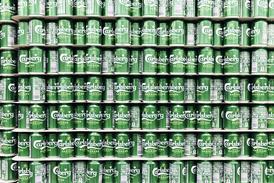
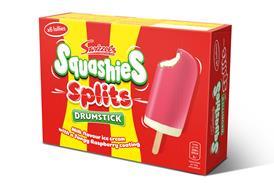




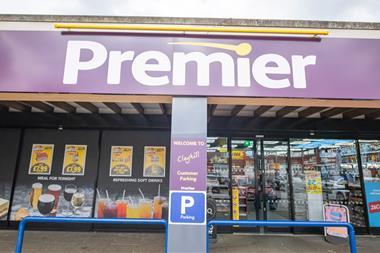


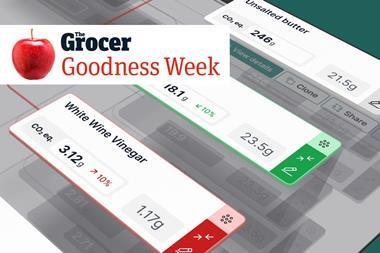
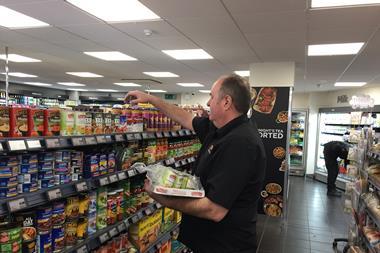





No comments yet